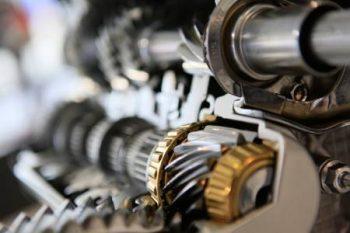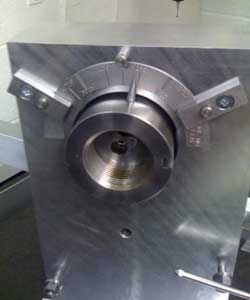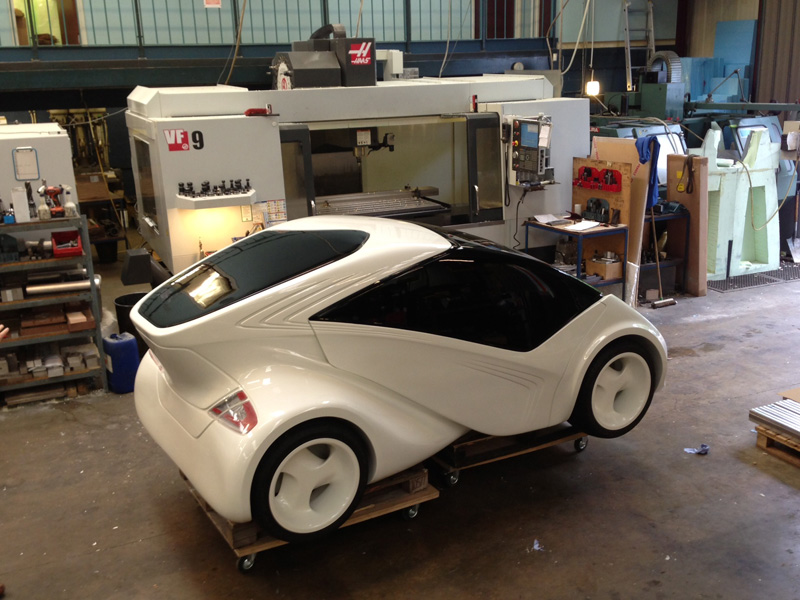
Precision engineering is the process of designing and manufacturing machines and components that meet precise specifications. This field requires a high degree of accuracy and attention to detail, as even small errors can have major consequences.
Mechanical engineering is the oldest form of engineering there is as it involves the design, manufacture and maintenance of mechanical systems.
Therefore the two combined make up Mechanical Precision Engineering, the design, manufacture and maintenance of those mechanical systems that require a high level of precision.
How is it Used?
Precision engineering is used in a wide variety of industries, from aerospace to automotive to medical devices. In each sector, engineers must take into account the specific requirements and tolerances needed for the final product.
One of the most important aspects of precision engineering is quality control. To ensure that products meet the highest standards, manufacturers must constantly test and inspect their products throughout the production process.
With ever-increasing demands for higher levels of accuracy and precision, mechanical precision engineering will continue to play a vital role in many industries. As technology advances, so too will the capabilities of precision engineers, allowing them to create ever-more complex and intricate products.
Mechanical Engineering and Precision in Industry
Mechanical engineering plays an important role in a number of industries. In each sector, engineers must take into account the specific requirements and tolerances needed for the final product.
One of the most important aspects of precision mechanical engineering is quality control. To ensure that products meet the highest standards, manufacturers must constantly test and inspect their products throughout the production process.
Aerospace Industry

The aerospace industry relies heavily on precision engineering. The safety of aircraft depends on the accuracy of the components used in their construction. Engineers must therefore design and manufacture parts that meet very strict specifications.
To ensure that aircraft are safe and reliable, manufacturers must subject them to rigorous testing before they are put into service. This testing often takes place in specialised facilities, such as wind tunnels and flight simulators.
Automotive Industry

Precision mechanical engineering is also essential in the automotive industry. The components of a car must be able to withstand the enormous forces that are exerted on them during use.
To meet these demanding requirements, automotive mechanical engineers design and manufacture parts that are extremely strong and durable. They must also take into account the potential for vibration and thermal expansion, as these can cause parts to fail.
Medical Devices Industry
Medical devices must meet very high standards of accuracy and precision. In many cases, they must be able to function correctly within very narrow tolerances.
For example, implantable medical devices such as pacemakers must be designed to work correctly within the human body. This requires a high degree of precision and attention to detail.
Precision engineering plays a vital role in many industries. As technology advances, so too will the capabilities of precision mechanical engineers, allowing them to create ever-more complex and intricate products.
The Process of Precision Engineering
Any good precision engineering company will have strict and proven processes as to how they deliver projects. Precision engineering is the process of designing and manufacturing machines and components that meet precise specifications.
This field requires a high degree of accuracy and attention to detail, as even small errors can have major consequences.
- The first step in the precision engineering process is the design phase. In this phase, precision engineers create drawings and models of the parts or products that they want to manufacture.
- The next stage is the manufacturing phase. In this phase, engineers use specialised equipment to create parts that meet the required tolerances. This equipment includes lathes, mills, and grinding machines.
- Once the parts have been manufactured, they must be assembled into a finished product. This assembly process must be carried out with great care, as even a small mistake can cause the final product to fail.
- Finally, the finished product must be tested to ensure that it meets the required standards. This testing is essential in order to identify any problems that may have occurred during the manufacturing process.
Choosing a Mechanical Engineering Company for Precision Work
When looking at precision engineering companies, there are a number of things to consider.
Firstly, you should make sure that the firm has experience in manufacturing parts that meet the required tolerances and that they have a solid background in precision engineering and mechanical engineering. They need to have both to provide the desired service.
Secondly, you should check that the firm has the necessary equipment to manufacture your parts. This equipment includes lathes, mills, and grinding machines as well as being able to make precise measurement often using scientific instruments.
Thirdly, you should make sure that the firm has a good reputation. You can do this by asking for references from previous clients. They should also be able to show examples of precision machining and explain their manufacturing methods. Many will also have experience of electrical engineering and working with complex systems. But all, should have precision engineering focuses.
Fourthly, you should make sure that the firm is able to meet your deadlines and has the machine tools, capacity and mechanical engineer availability to complete the project as required.
Finally, you should get a quote from the firm to see how much they will charge for their mechanical engineering and precision engineering services. By considering all of these factors, you will be able to choose the best precision engineering firm for your needs.
Remember, this is a highly skilled activity and therefore don’t necessarily opt for the cheapest option, it could end up costing you more in the long run.
Why Work with Thompson Precision?
Thompson Precision engineering is a leading provider of precision engineering services. We have over 100 years of experience in the industry, and we are ISO 9001 certified.
We have a team of highly skilled engineers who are experts in manufacturing parts that meet precise tolerances. We also have a state-of-the-art manufacturing facility, which is equipped with the latest lathes, mills, and grinding machines.
In addition, we offer a complete range of finishing services, including heat treatment, surface coating, and assembly. We also offer a variety of testing services to ensure that your products meet the required standards.
Finally, we offer competitive pricing and we are always willing to work within your budget where possible. Contact us today to learn more about our precision engineering services.
What Training is Needed to be a Precision Engineer?
Precision engineering is a highly skilled field. As such, it requires specialist training in order to become a qualified engineer.
There are a number of ways to achieve this training, but the most common route is to complete a degree in mechanical engineering. This type of degree will provide you with the necessary theoretical knowledge and practical skills that you need to be a successful precision engineer.
Alternatively, you could complete an apprenticeship in precision engineering. This would allow you to gain on-the-job experience while also completing academic study.
Whatever route you choose, it is important that you have the passion and dedication needed to succeed in this challenging field. Precision engineering is a demanding profession, but it can be extremely rewarding for those who are up to the task.





